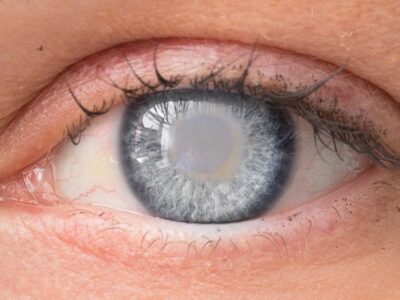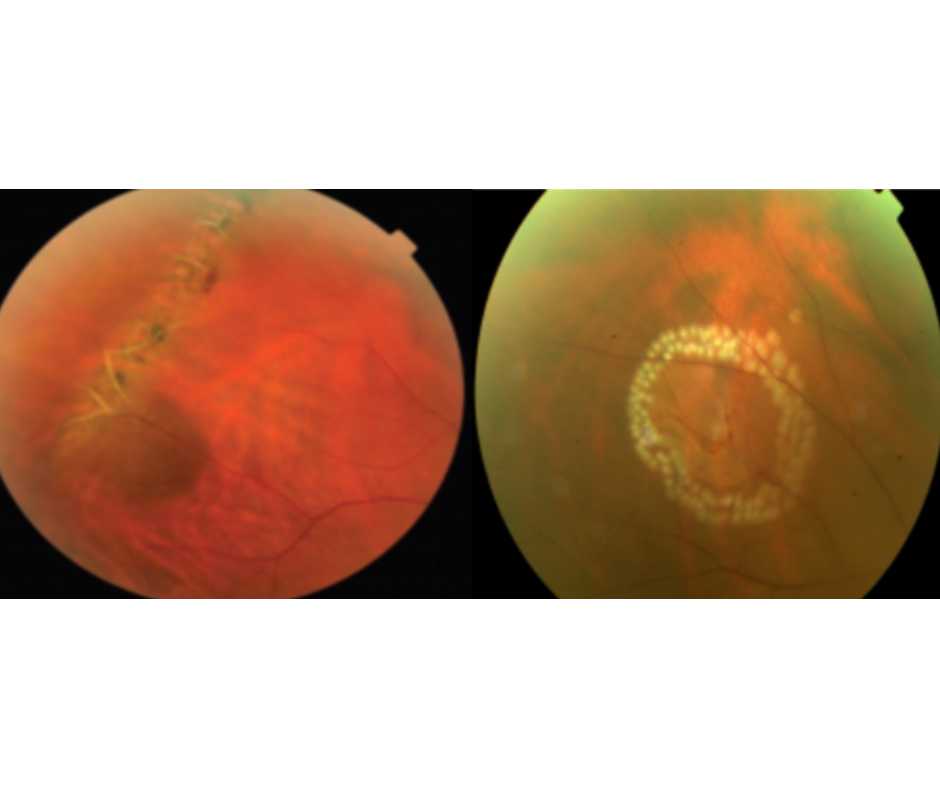Introduction:
Our eyes are precious organs that allow us to experience the world around us. However, as we age, certain eye conditions can impair our vision and quality of life. One such condition is cataracts, which affect millions of people worldwide. The good news is that there are several proactive steps we can take to prevent cataracts ( Cataract Prevention) and maintain clear vision for years to come. In this blog, we will explore some effective strategies for cataract prevention.
Cataract Complications:
- Protect Your Eyes from Harmful UV Rays: Excessive exposure to ultraviolet (UV) rays can accelerate the development of cataracts. To shield your eyes from harmful UV radiation, wear sunglasses that block 100% of UVA and UVB rays whenever you are outdoors. Additionally, consider wearing a wide-brimmed hat for added protection.

- Maintain a Healthy Diet: A well-balanced diet rich in antioxidants can play a significant role in preventing cataracts. Include a variety of fruits and vegetables in your meals, particularly those high in vitamins C and E, beta-carotene, and lutein. Foods such as citrus fruits, berries, leafy greens, carrots, and nuts are excellent choices. These antioxidants help combat oxidative stress and reduce the risk of cataract formation.
- Quit Smoking: Smoking is not only detrimental to your overall health but also increases the likelihood of developing cataracts. The harmful chemicals in tobacco smoke can damage the lens of the eye, leading to the formation of cataracts.
- Manage Chronic Conditions: Certain chronic conditions, such as diabetes and hypertension, can increase the risk of cataracts. It is crucial to manage these conditions effectively through regular check-ups, medication adherence, and lifestyle modifications. By keeping these conditions under control, you can minimize the impact on your eye health and reduce the likelihood of cataract development.
- Regular Eye Examinations: Routine eye examinations are essential for early detection and prevention of various eye conditions (Cataract Prevention), including cataracts. Regular visits to an eye care professional can help identify any changes in your eye health and allow for timely intervention.
- Limit Alcohol Consumption: Excessive alcohol consumption has been linked to an increased risk of cataracts. If you choose to drink alcohol, do so in moderation. The Centers for Disease Control and Prevention (CDC) defines moderate drinking as up to one drink per day for women and up to two drinks per day for men.
- Stay Hydrated: Proper hydration is essential for overall health, including eye health. Drinking an adequate amount of water helps maintain the balance of fluids in the body, including the eyes. It also helps flush out toxins and supports the optimal functioning of the lens. Aim to drink at least 8 glasses of water per day to keep your eyes hydrated and reduce the risk of cataracts.
- Control Your Blood Sugar Levels: High blood sugar levels, commonly associated with diabetes, can contribute to the development and progression of cataracts. If you have diabetes, it is crucial to manage your blood sugar levels through a combination of medication, a healthy diet, regular exercise, and regular monitoring.
- Avoid Prolonged Exposure to Blue Light: Digital devices, such as smartphones, tablets, and computers, emit blue light that can potentially harm the eyes. Prolonged exposure to blue light may increase the risk of cataracts and other eye conditions. To protect your eyes, limit screen time, take regular breaks, and consider using blue light filters or glasses that block blue light when using electronic devices.
- Maintain a Healthy Weight: Obesity has been linked to an increased risk of cataracts. By maintaining a healthy weight through regular exercise and a balanced diet, you can reduce the likelihood of developing cataracts. (Cataract Prevention) Engage in physical activities that you enjoy, such as walking, swimming, or cycling, and aim for at least 30 minutes of moderate-intensity exercise most days of the week.
- Practice Good Eye Hygiene: Practicing good eye hygiene can help prevent eye infections and reduce the risk of cataracts. Avoid touching your eyes with dirty hands, and always wash your hands thoroughly before applying eye drops or touching your eyes. Additionally, remove eye makeup before going to bed to prevent irritation and potential eye infections.
- Consider Nutritional Supplements: In addition to a healthy diet, certain nutritional supplements may support eye health and reduce the risk of cataracts.
Author Details:
Dr. Sushruth Appajigowda holds a prominent position as a Cornea, Cataract, Glaucoma, and LASIK Surgeon in Bangalore. He serves as the chief Cataract and Refractive surgeon at Vijaya Nethralaya Eye Hospital, Nagarbhavi Bangalore. Renowned as one of the finest LASIK surgeons nationwide, he brings with him over 12+ years of experience across multiple LASIK platforms, including ZEISS, ALCON, SCHWIND, AMO, and Bausch and Lomb. Having successfully conducted over 5000 LASIK procedures, Dr. Sushruth holds the title of a Certified Refractive Surgeon and a Fellow of the All India Collegium Of Ophthalmology. Furthermore, he stands as a distinguished speaker at various National and International Forums, using his expertise to guide you in selecting the most suitable procedure based on your health requirements.

Conclusion:
Cataracts can significantly impact our vision and quality of life, but by adopting these preventive measures, we can reduce the risk of developing this condition. Protecting our eyes from harmful UV rays, maintaining a healthy diet, quitting smoking, managing chronic conditions, scheduling regular eye examinations, and limiting alcohol consumption are all effective strategies for cataract prevention. Remember, taking care of our eyes today ensures clear vision for a brighter tomorrow.












